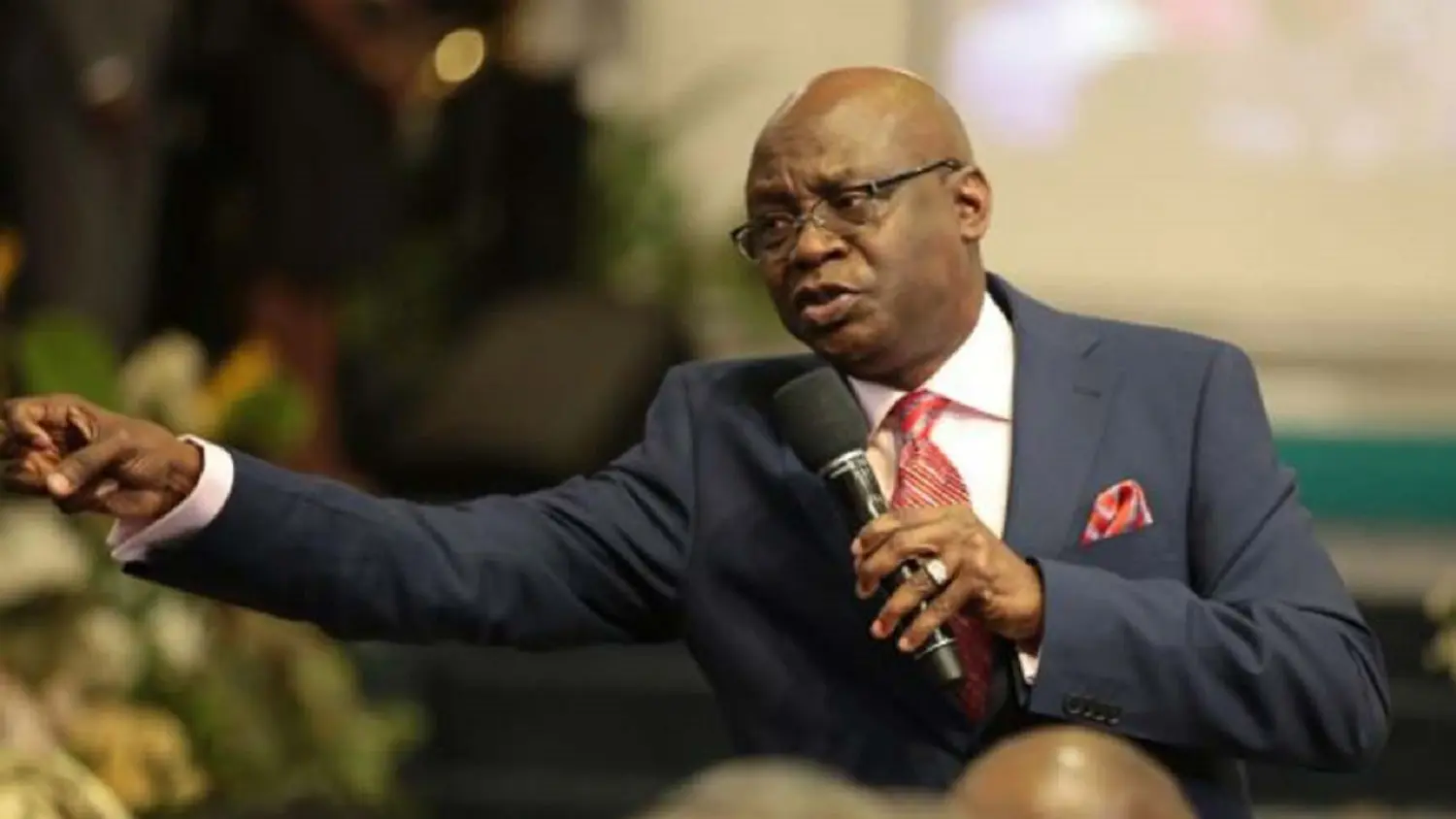
Senate leaders described the misleading of the role of the Rev. Tunde Bakare in the National Assembly in the declaration of emergency in the River State and the suspension of Natasha Akpoti-uduaghan. Bakare, a service supervisor for the Castle Global Community Church, condemned both developments on Sunday, attributed them to the erosion of democratic values.
“It’s clear that our so-called leaders are determined to turn Nigeria into a mafia state,” Bakare said. “The two main competitors in the ongoing institutional immoral Olympics are the executives and the legislature.”
Yemi Adaramodu, chairman of the Senate Media and Public Affairs Committee, responded in a statement issued Tuesday that the comments had crossed the lines and guaranteed a formal rebuttal. “The attention of the Senate of the 10th National Assembly of the Federal Republic of Nigeria has attracted the latest public remarks by Rev. Tunde Bakare, which includes a comprehensive summary and derogatory comments about the National Assembly system,” the statement said.
“While the Senate respects the rights of every citizen, regardless of how the station expresses its perception of the state of the country, we are limited to responding when such comments span inaction and misleading assertions that have the potential to erode the public trust of democratic institutions.”
Adaramodu acknowledged Bakare’s previous contribution to national discourse, but said his latest remarks were despised and lacked confirmation. “Pastor Baccarre himself is a pastor and political voice who previously contributed to national discourse in a way that stimulates reflection and debate,” he said. “But his latest remarks have shifted from constructive criticism to speech, and unfortunately his contempt and unproven claims are bound. We consider his corrosive criticism of the National Assembly a prejudiced and politically universal homosexuality.”
The Senate further emphasized that the status of Baccarre as a politician is more important. “While he remains a respected pastor, his role as a prominent political figure cannot be discounted when evaluating the footage of comments. His position as a political leader influences the context of his statements, which is not only a reflection of personal views, but also a significant political impact.”
“Pastor Bakar is not only a priest and political figure, but also a person with a legal background,” Adalamodu continued. “So he was very aware of the constitutional boundaries that guide public comments, especially on matters of domination.”
The Senate insists that it will avoid commenting on the court’s current rule of law and judicial independence. Adaramodu also responded to a call for a more confrontational position between the legislature and the executive, dismissing suggestions such as performances. “Although some may attempt to portray unnecessary antagonistic dynamics between the National Assembly and the administration of government as a sign of meaning of checks and balances, we must clarify that while such tensions may entertain certain tensions, they do not necessarily equal effective legislative oversight. The real attitude toward a system is not in the case of manifest hostility, but in principle, and the research and results are carried out in principle.”’
He dismissed Bakare’s reference to the “notorious third-year agenda” as a misleading benchmark for evaluating the current conference. “The positioning based on personal frustration, ideological differences or positioning before possible future political unification is not only unfair, but is not good for our collective democratic journey, and therefore indulges in the entire institution.”
Adaramodu noted that Bakare had criticized the early rallies he now took positively to it. “We are confident that, over time, with a subtle review of the performance of the tenth National Assembly (in an emergency of this era and season), Pastor Bakare may at some point in the future honor us in recognition of the best interests of the people of Nigeria under our constitutional mandate.”
